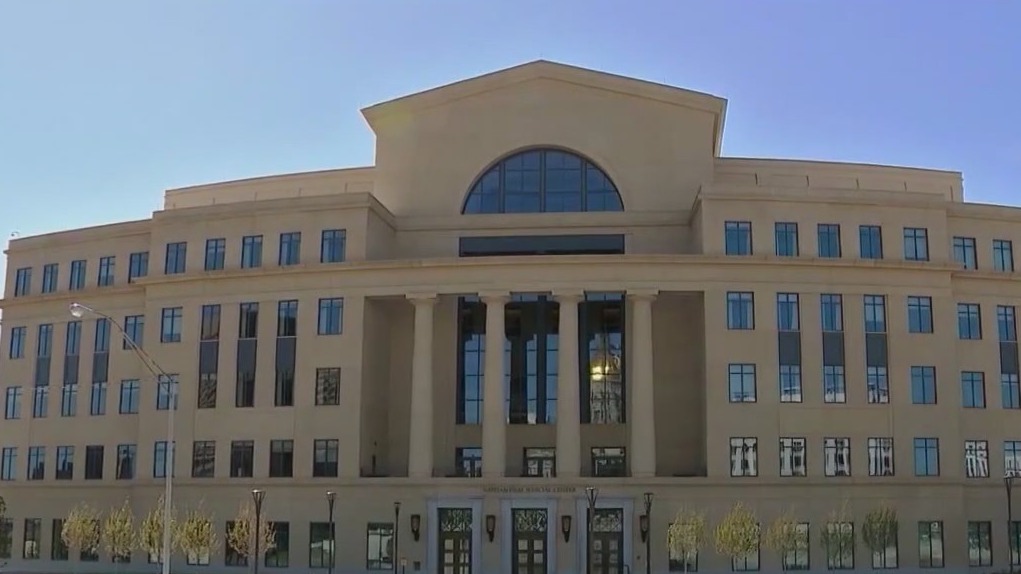Georgia Supreme Court sends abortion law challenge back to lower court, leaving access unchanged

Ruling on Georgia abortion law
The Georgia Supreme Court on Tuesday rejected a lower court ruling that the state's restrictive abortion law was invalid, leaving limited access to abortions unchanged for now.
ATLANTA - The Georgia Supreme Court on Tuesday rejected a lower court ruling that the state's restrictive abortion law was invalid, leaving limited access to abortions unchanged for now.
Fulton County Superior Court Judge Robert McBurney said last November that the ban was "unequivocally unconstitutional" because it was enacted in 2019, when Roe v. Wade allowed abortions well past six weeks.
Tuesday's ruling does not change abortion access in Georgia and may not be the last word on the state's ban.
The state Supreme Court had previously allowed enforcement of the ban to resume while it considered an appeal of the lower court decision. The lower court judge has also not ruled on the merits of other arguments in a lawsuit challenging the ban.
McBurney had said the law was void from the start, and therefore, the measure did not become law when it was enacted and could not become law even after the U.S. Supreme Court overturned Roe v. Wade last year.
State officials challenging that decision noted the Supreme Court's finding that Roe v. Wade was an incorrect interpretation of the U.S. Constitution. Because the Constitution remained the same, Georgia's ban was valid when it was enacted, they argued.
Georgia's law bans most abortions once a "detectable human heartbeat" is present. Cardiac activity can be detected by ultrasound in cells within an embryo that will eventually become the heart as early as six weeks into a pregnancy. That means most abortions in
Georgia are effectively banned at a point before many women know they are pregnant.
The law includes exceptions for rape and incest, as long as a police report is filed, and allows for later abortions when the mother's life is at risk or a serious medical condition renders a fetus unviable.
The organization that brought the lawsuit, SisterSong, says the fight is "NOT over."
READ THE RULING BELOW
ORIGINAL STORY
The Georgia Supreme Court is expected to hand down its ruling determining if Georgia’s controversial abortion law will stand on Tuesday. Justices heard arguments back in March on the so-called fetal Heartbeat Law.
Georgia has one of the most restrictive abortion laws in the nation. It bans terminating a pregnancy once a doctor can detect cardiac activity, which is generally around six weeks.
The lawsuit was filed shortly after the Heartbeat Law went into effect. The initial lawsuit was filed in the Fulton County court, but made its way up to the Georgia Supreme Court.
The Heartbeat Law was signed by Gov. Brian Kemp in 2019, but did not go into effect right away because of lawsuits challenging its validity. After the U.S. Supreme Court struck down Roe v. Wade this summer, the U.S. Court of Appeals for the 11th Circuit allowed the ban to go into effect.
The suit also argues the heartbeat abortion ban violates Georgia's constitution because it contains strong privacy protections.
If the state’s highest court rules in favor of the state, then the law will stand as is with abortions legal for about the first six weeks. If the court justices side with the petitioners, women will be able to obtain abortions again until around 20-weeks.

